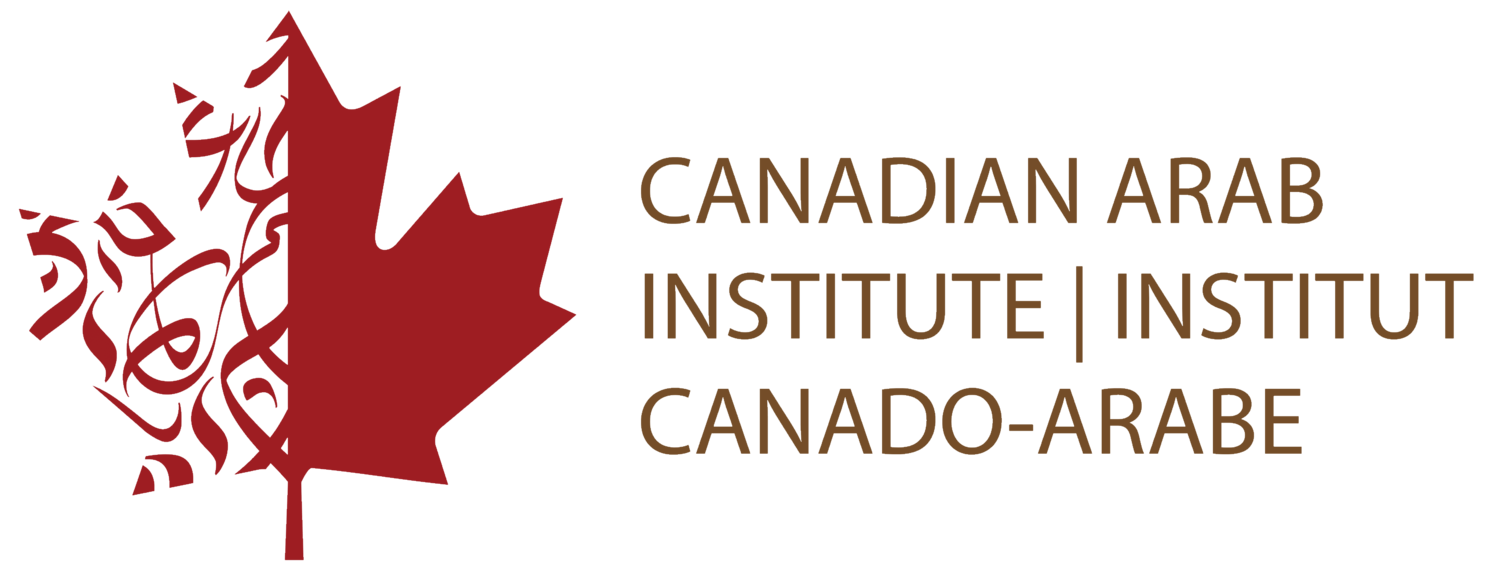What does it mean to be Arab enough? Exploring my racial identity as an Afro-Arab
by Mishkah Abdelrahman
“What are you?”
“Where are you from?”
“What are you mixed with?”
All of these questions plagued my upbringing as an Afro-Arab. My name is Mishkah, and I'm a Sudanese-Canadian, and before you ask, yes, it is possible to be both Black and Arab. Being Arab-Canadian is not a monolith.
These are the types of questions that have plagued my upbringing in Canada as a lighter black-skinned Canadian. The different socio-political, cultural, and tribal layers that make up my identity add many complex dimensions to my experience as a Black and Arab person, who has had a difficult time being accepted by my communities. In a lot of circumstances, I feel like I am not Black enough for the Black community and not Arab enough for the Arab community. I’m definitely not white. I identify as an “Afro-Arab”
As an Afro-Arab-Canadian woman with ancestral ties to a previously colonized African-Arab nation, Sudan, I live at the intersection of being Black and Arab. As a community, Arabs must account for intersectionality. First coined by legal scholar Kimberlé Crenshaw in 1989, intersectionality is a framework for understanding how social identities (such as gender, race, ethnicity, social class, religion, sexual orientation, and gender identity) overlap with one another and with systems of power that oppress and advantage people in the workplace and broader community.
Acknowledging intersecting identities also means addressing anti-Black racism and challenging anti-Black sentiments within the Arab community itself. These sentiments have impacted me my whole life. Because I’m Sudanese, my Arabic has a strong African accent, which isn’t always understood. Growing up in Egypt, I was often referred to as “‘Abid el Arab” which directly translates to "black Arab slave." My friends would often jokingly call me “zingiyya,” meaning "negro," especially during the summertime when my skin colour got darker. As a child, I didn't realize how that type of discrimination impacted me in my adulthood. But now I understand and it frustrates me because to this day, some people in the community do not seem to understand the impact that their racism has on Afro-Arabs like me. “It’s just a joke” is a cop-out for microaggressions that stem from deep-rooted systems of oppression. Jokes and name-calling impact Afro-Arabs, even if we try to make it seem like it’s not a big deal.
Do I only qualify to identify myself as black based on the darkness of my skin alone? If I am African, not black, not Arab, not white, then what am I?
